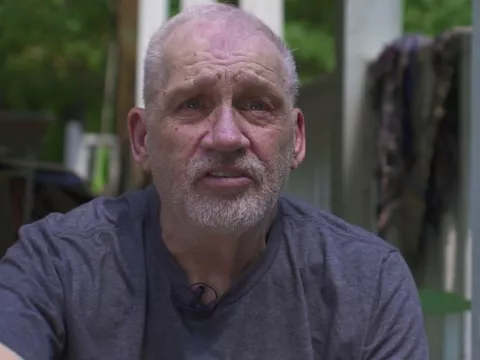Award-Winning Emergency Care
-

The Joint Commission
Primary Stroke Center CertificationAdventHealth Gordon has earned The Joint Commission’s Gold Seal of Approval® for Primary Stroke Center Certification by demonstrating continuous compliance with its performance standards. The Gold Seal is a symbol of quality that reflects a health care organization’s commitment to providing safe and quality patient care. The certification recognizes health care organizations that provide clinical programs across the continuum of care for stroke. The certification evaluates how organizations use clinical outcomes and performance measures to identify opportunities to improve care, as well as to educate and prepare patients and their caregivers for discharge.
-

American Heart Association
Gold Plus
Get With The Guidelines® Stroke Quality Achievement AwardAdventHealth Gordon has received the American Heart Association’s Gold Plus Get With The Guidelines® - Stroke Quality Achievement Award for our commitment to ensuring stroke patients receive the most appropriate treatment according to nationally recognized, research-based guidelines, ultimately leading to more lives saved and reduced disability.
-

Georgia Department of Public Health Office of EMS and Trauma
Advanced Primary Treatment Stroke CenterAdventHealth Gordon has been designated as an Advanced Primary Treatment Stroke Center by the Georgia Department of Public Health Office of EMS and Trauma. This designation recognizes AdventHealth Gordon’s performance in providing specialized, high-quality care to achieve the best possible outcomes for stroke patients.
-

Geriatric Emergency Department Accreditation
AdventHealth Gordon is accredited by the American College of Emergency Physicians as Level 3 Geriatric Emergency Department for ensuring older adults receive high-quality emergency care for their unique needs.







